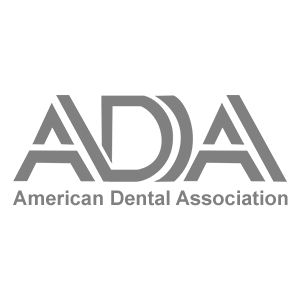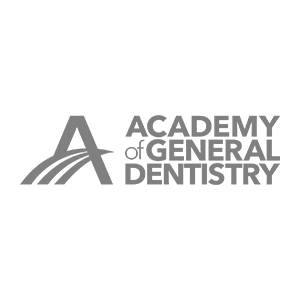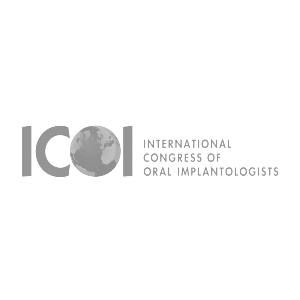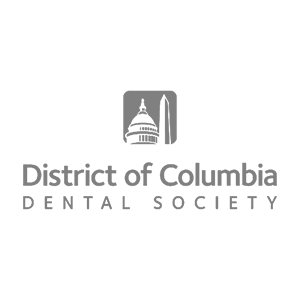TMJ therapy
Located on each side of your face, the temporomandibular joints (TMJ) connect your lower jaw to your skull. These joints and their accompanying muscles allow you to open and close your mouth and move your lower jaw from side to side. You can feel these joints by placing your fingers in front of your ears and opening your mouth.
Get pain relief with TMJ therapy.
Or call us at:
What Is Temporomandibular Disorder?
tmj pain relief in Washington, DC
Temporomandibular disorder (TMD) occurs when the TMJ is damaged or deteriorates or when the muscles surrounding the joint malfunction, causing imbalanced jaw movement. The chronic muscle pain and spasms associated with this condition can often be painful. Approximately 5 to 12 percent of people suffer from TMD, according to the National Institute of Dental and Craniofacial Research. TMD refers to a variety of conditions affecting the joints, muscles and nerves in the jaw.
What causes TMD?
In many cases, the cause of TMD is unknown. However, it may be caused by trauma, such as injury or dislocation, or an improper bite, which affects the chewing muscles. Stress and its related behaviors, such as clenching the jaw or grinding the teeth, may aggravate the condition. Inflammatory conditions, such as rheumatoid arthritis, can also cause TMD. The condition appears to be more common in women than men, though there is no consensus as to why.
Signs You May Have TMD
Those with TMD may experience the following symptoms on one or both sides of the face:
If you experience any of these symptoms, talk with your general dentist. He or she can perform an examination, checking the joints and muscles in your jaw for tenderness, clicking, popping or difficulty moving. Depending on the diagnosis, your dentist may refer you to a physician or a specialist.
How is TMD treated?
Many TMD cases can be handled with simple treatments and lifestyle modifications, including:
In more severe cases, your dentist may recommend physical therapy (exercises to strengthen the jaw muscles), appliance therapy (a splint, mouthguard or bite plate) or medication (pain relievers, muscle relaxants, anti-inflammatory drugs, antidepressants or anti-anxiety drugs).
Is TMD Permanent?
TMD is often a cyclical condition that can recur during times of stress. If you have TMD, see your dentist for regular checkups so that he or she can monitor your symptoms and manage your care.
Find Relief From TMJ Disorder at DC Implant & Cosmetic Dentistry
If you are experiencing any of the signs and symptoms associated with TMD, it is important to seek treatment. At DC Implant & Cosmetic Dentistry, our experienced team will provide you with quality care in order to help relieve your pain and get you back to feeling like yourself again.
Contact us today to learn more about our services in Washington, DC
and schedule a consultation!
RELATEd SERVICES
why choose DC Implant & Cosmetic Dentistry
SERVING THE WASHINGTON DC AREA SINCE 2017
At DC Implant & Cosmetic Dentistry, we offer comprehensive and personalized dental care tailored to each patient’s individual needs. Our team is dedicated to providing you with the highest quality of care using state-of-the-art techniques and technologies. We are committed to providing safe, effective treatments that will help you achieve a healthier, more beautiful smile.

Award-Winning Dentist
Over 10 Years of Experience

200+ 5 Star Google Reviews

Emergency Care Available

State-of-the-Art Equipment
Free On-Site Parking Spots
online reviews
what patients are saying
DC Implant & Cosmetic Dentistry provides patients with exceptional dental care. Our experienced dentists and staff strive to ensure that each visit is a pleasant experience. We are proud of the relationships we have established with our patients over the years and thank them for their loyalty and trust. To see what our current patients have to say about our comprehensive dental services, check out our reviews!








